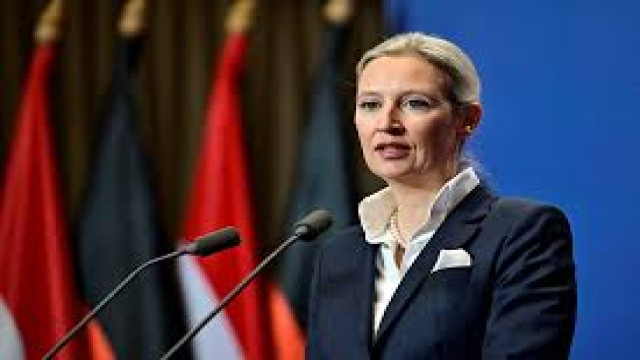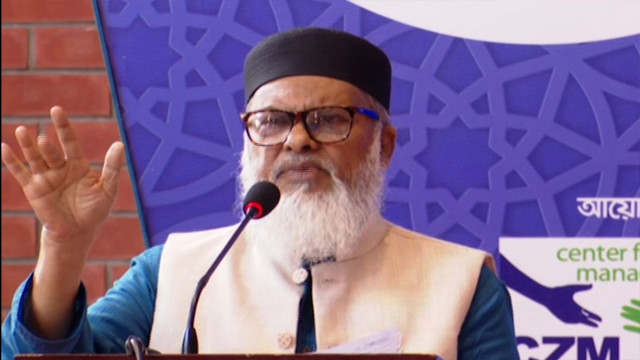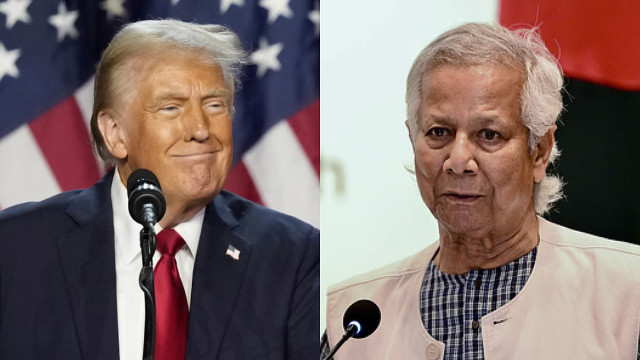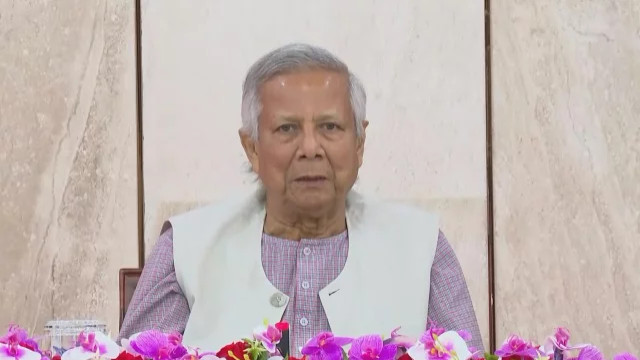BERLIN, Feb 23, (V7N) – As an openly gay politician living with her Sri Lanka-born partner in Switzerland, Alice Weidel was an unconventional choice to lead Germany’s far-right Alternative for Germany (AfD) party. Yet, as the country heads into Sunday’s elections, she has propelled the AfD to record-breaking polling numbers.
Weidel, 46, has often been criticized for serving as a “fig leaf” for a party that vocally opposes immigration, Islam, and multiculturalism. Under her leadership, the Moscow-friendly AfD is poised to secure second place with nearly 20% of the vote, according to polls.
Despite AfD’s radical views, Weidel has gained notable endorsements, including backing from U.S. tech billionaire Elon Musk and Hungarian Prime Minister Viktor Orbán. She even participated in a pre-election TV debate with Chancellor Olaf Scholz and conservative rival Friedrich Merz, a move seen as part of AfD’s growing normalization in German politics.
Weidel’s increasing influence has extended beyond Germany. She was recently invited to a private meeting with U.S. Vice President JD Vance, who had earlier called for Germany to abandon its policy of isolating the AfD. Additionally, she appeared alongside Orbán in Budapest, where he hailed her as “the future of Germany.”
Political analysts note that Weidel’s growing visibility has strengthened her authority within the AfD. “This election campaign has made it clear that she is the uncrowned queen of the AfD,” said Wolfgang Schroeder, a professor at Kassel University.
Born and raised in western Germany, Weidel differs from many AfD leaders, whose support base is primarily in the country’s former communist east. She has a background in finance, having worked in China for the Bank of China and later for Goldman Sachs.
While the AfD became more overtly xenophobic over the years, Weidel remained a member, representing a faction that seeks legitimacy within mainstream politics. Despite her personal identity, she has distanced herself from LGBTQ activism, emphasizing a more conservative approach in line with her party’s core base.
Weidel, while appearing moderate in some aspects, has echoed the party’s hardline positions on immigration. At a recent AfD congress, she pledged to enforce “total closing of Germany’s borders” and implement “large-scale repatriations,” referring to it as “remigration.”
Der Spiegel described Weidel as the “perfect fig leaf” for the party, enabling AfD to deflect accusations of racism, misogyny, and homophobia while continuing to embrace extremist rhetoric.
As Germany votes on Sunday, all eyes will be on Weidel and the AfD’s performance. Whether her leadership will push the party into further mainstream acceptance or deepen divisions within German politics remains to be seen.
END/WD/RH/






























Comment: